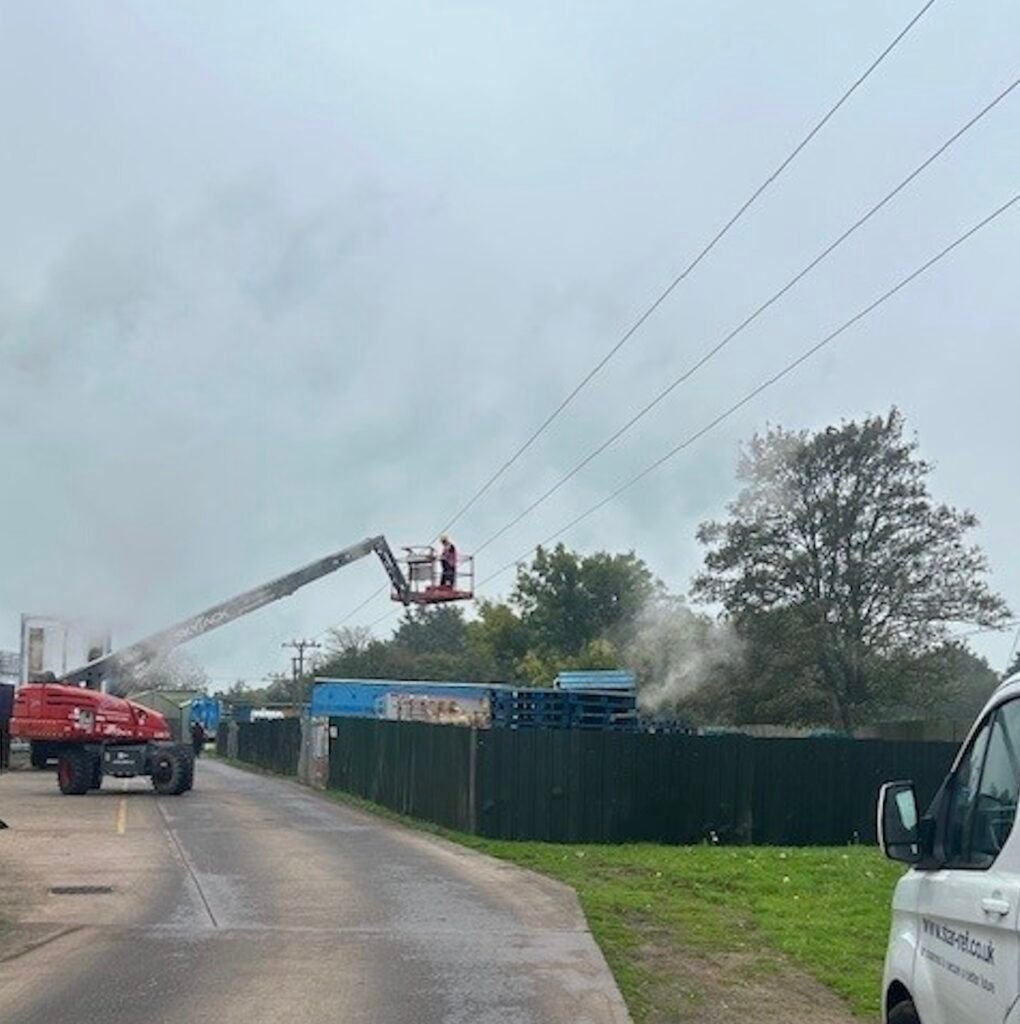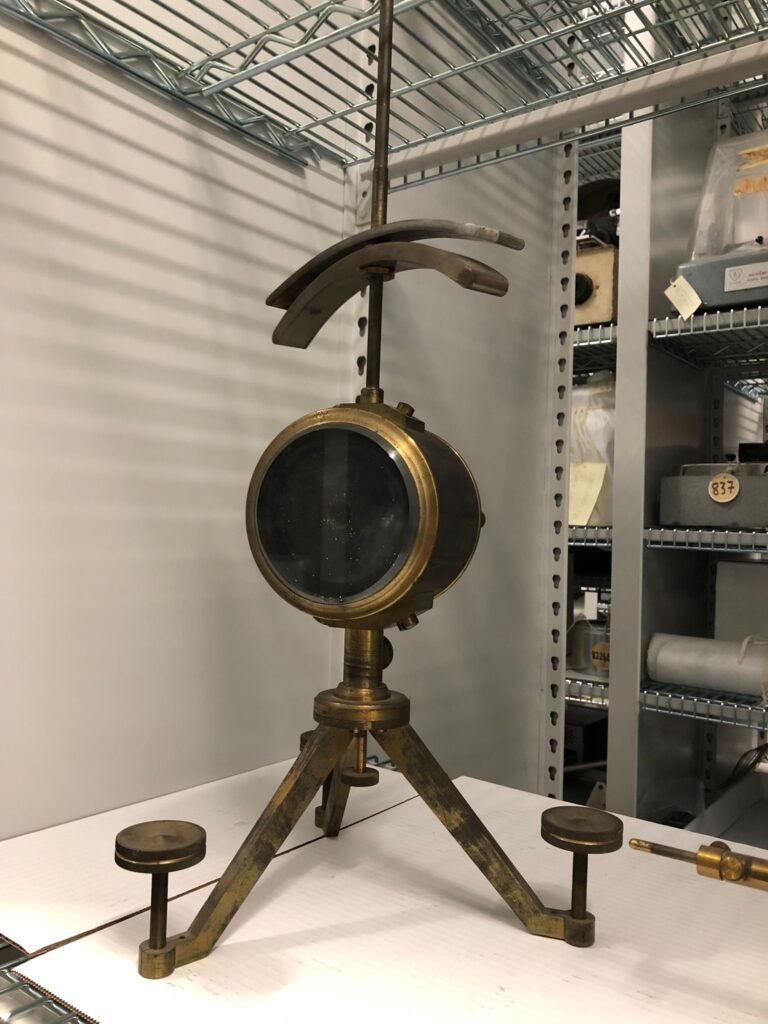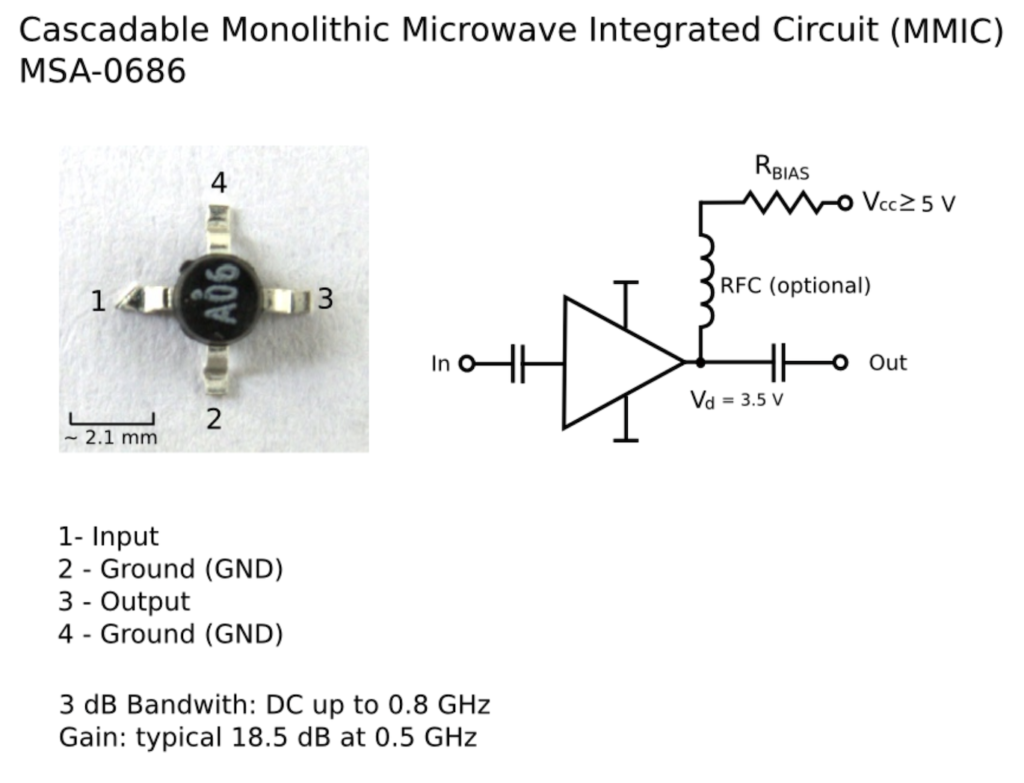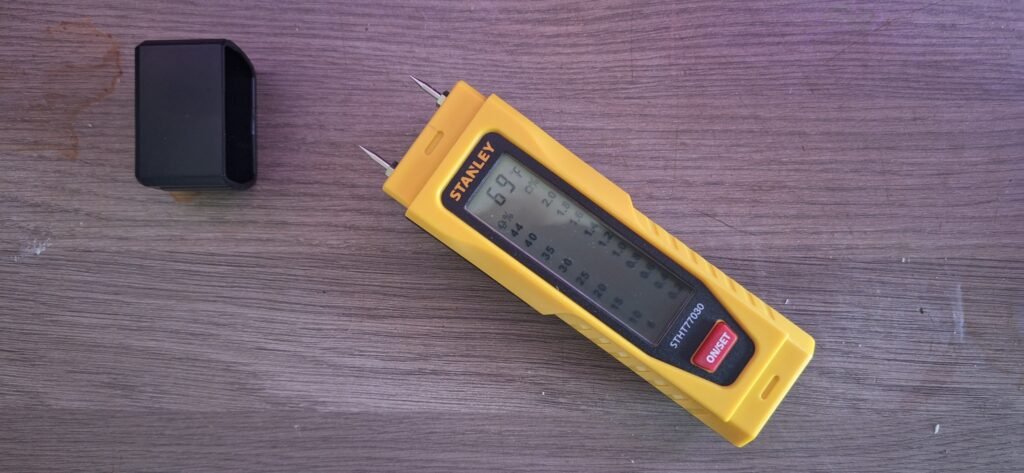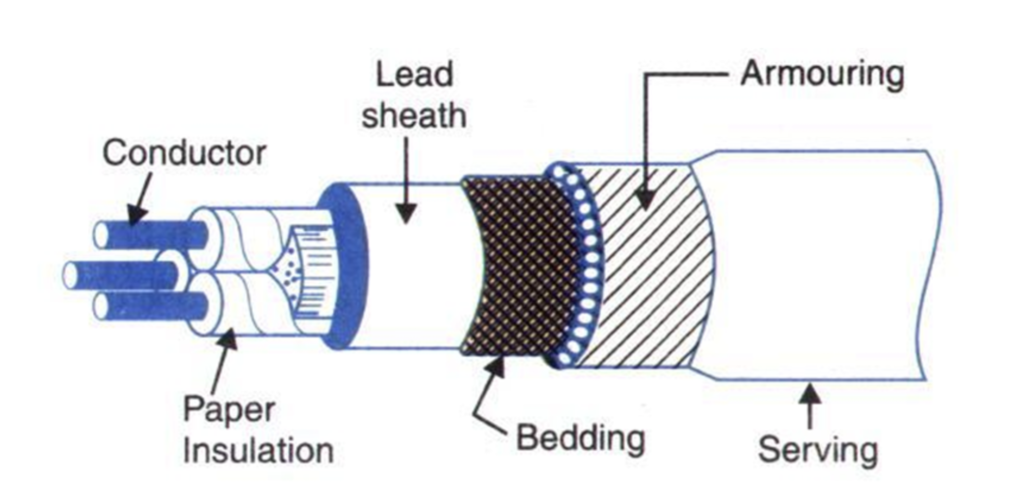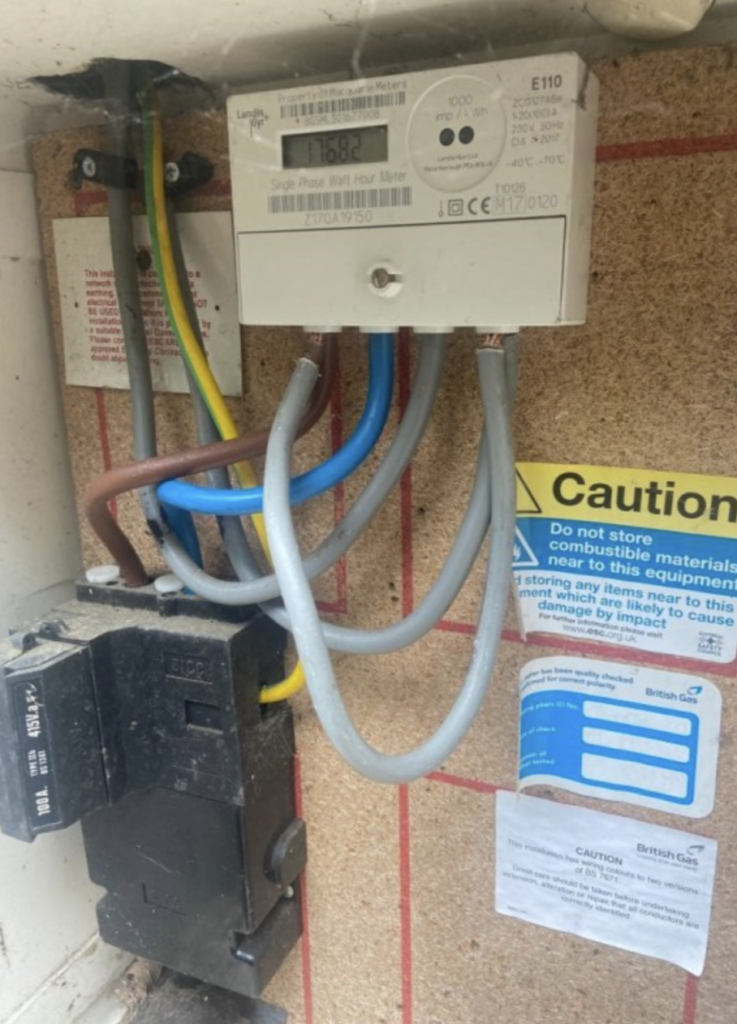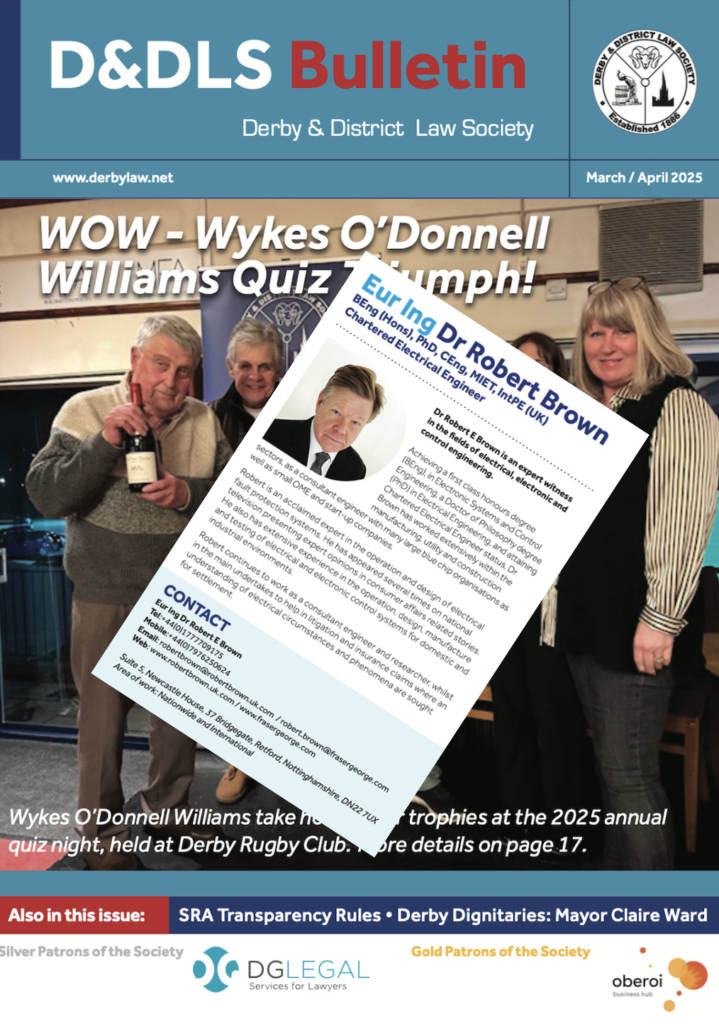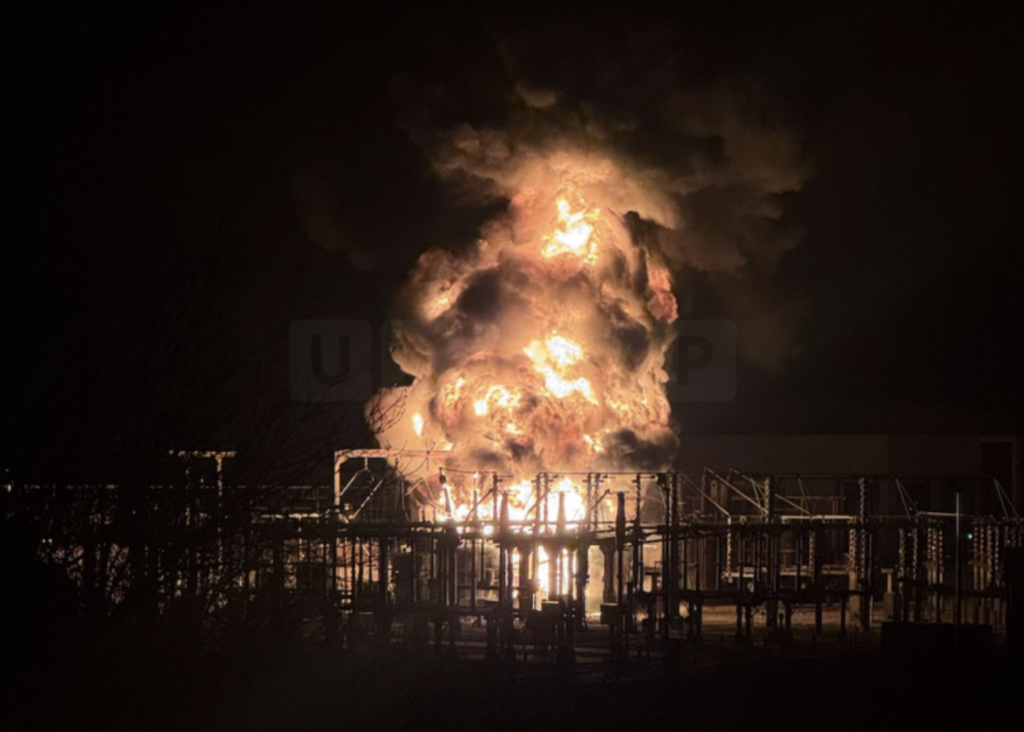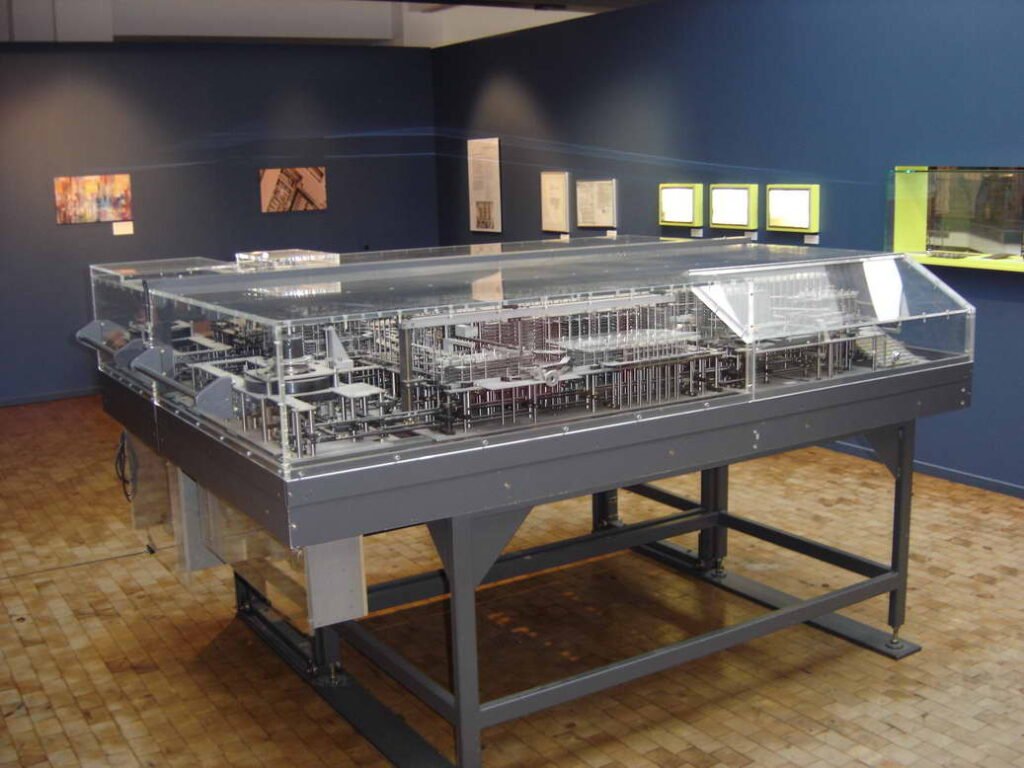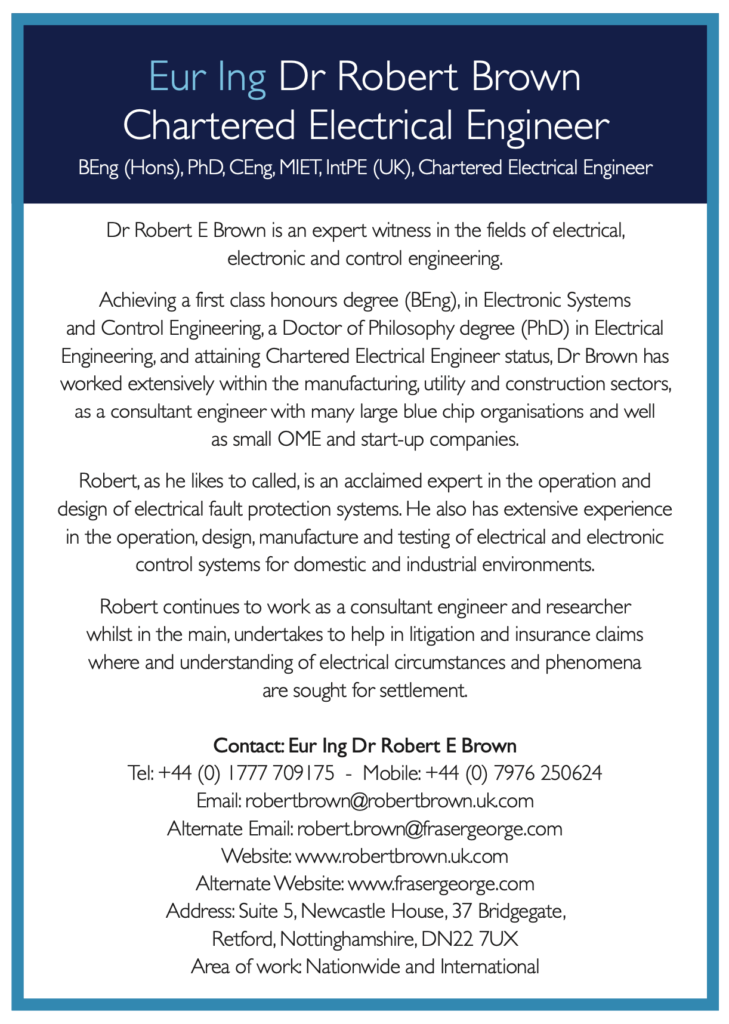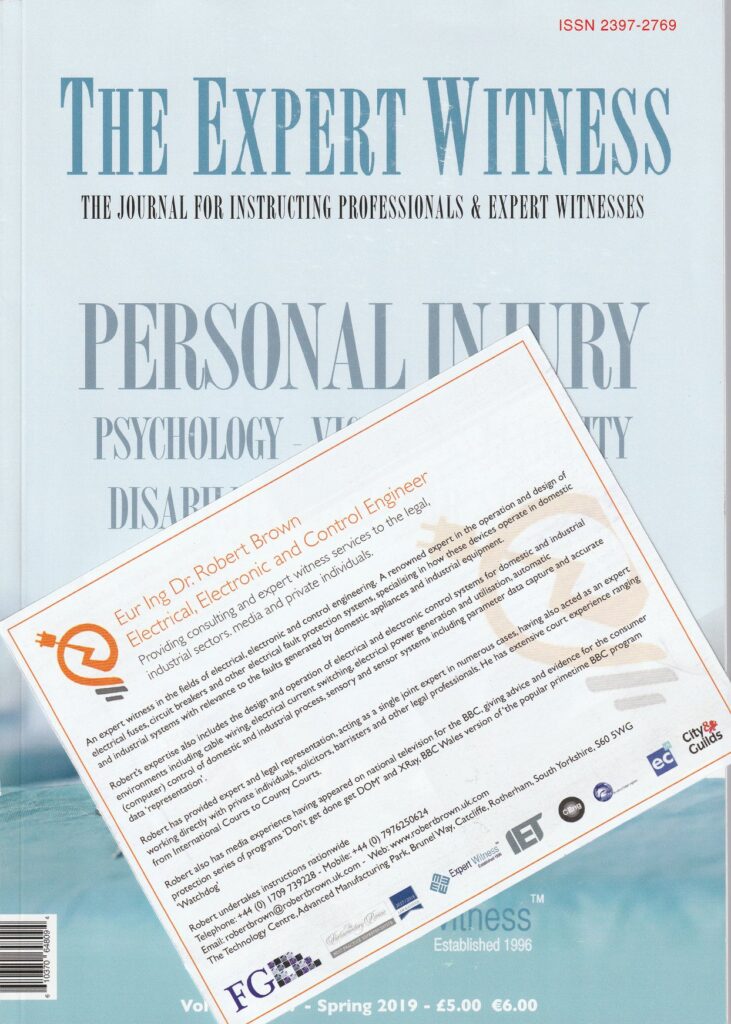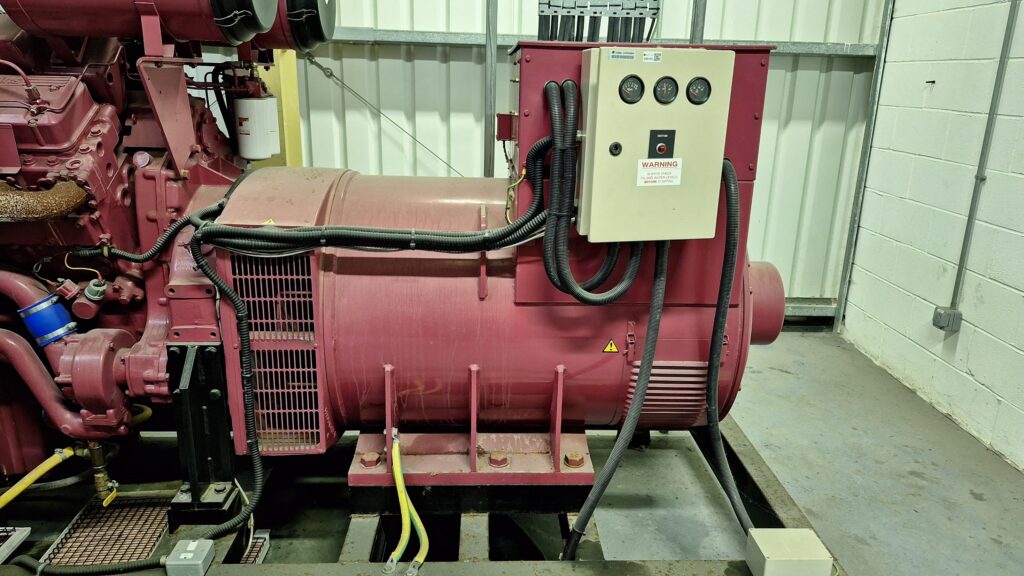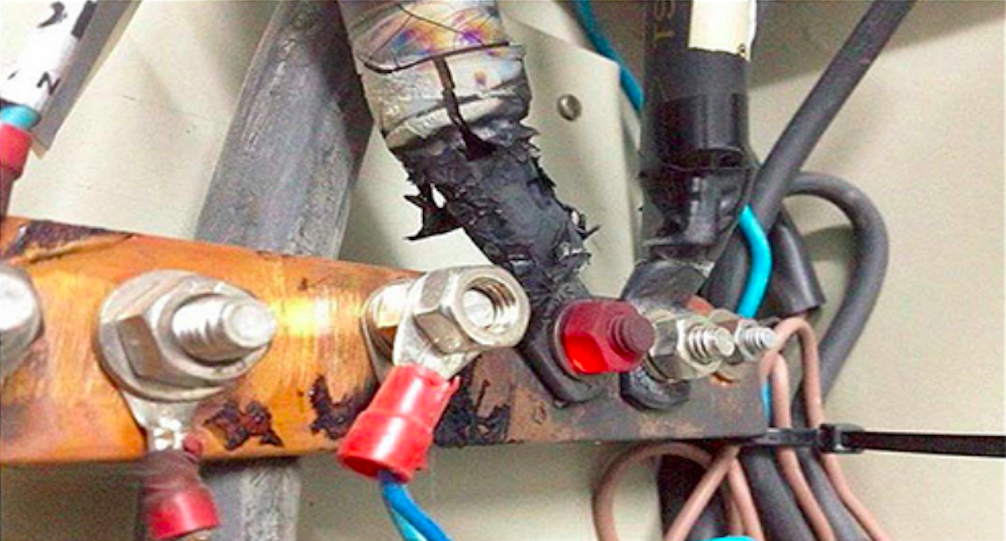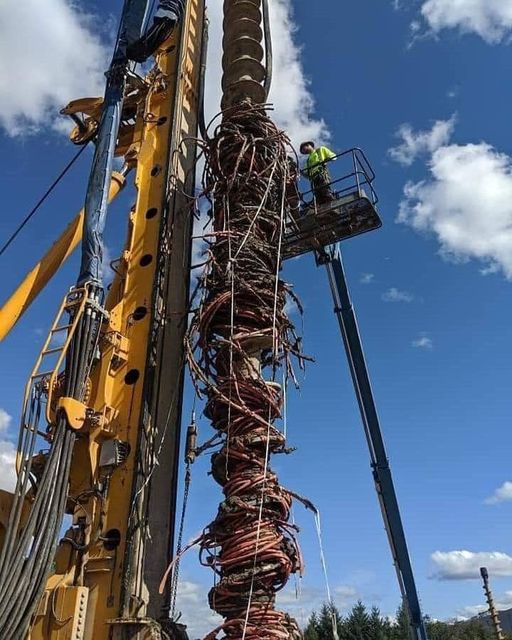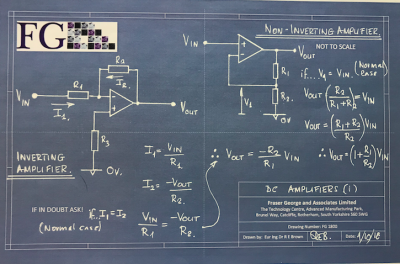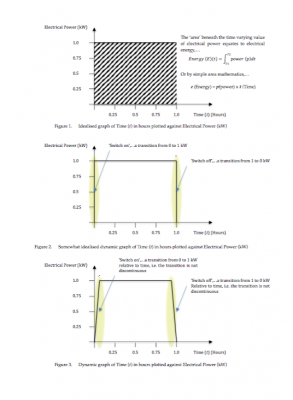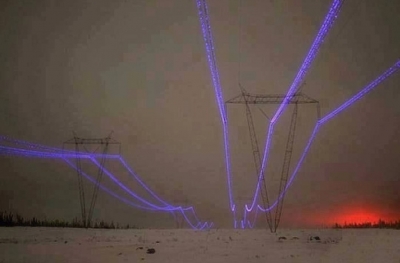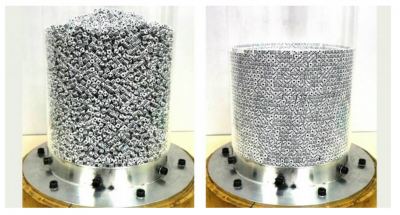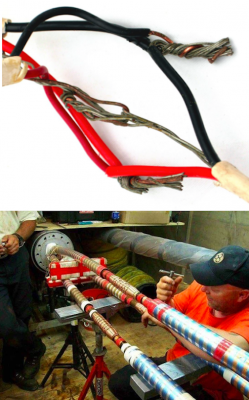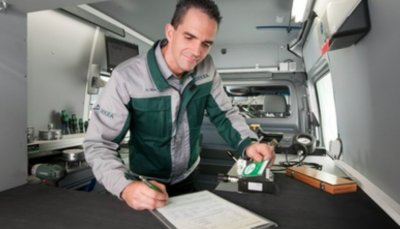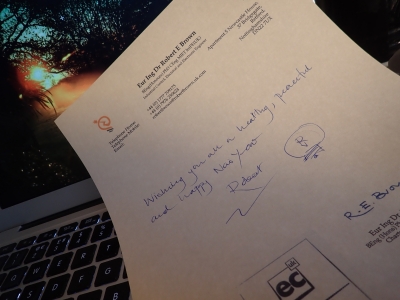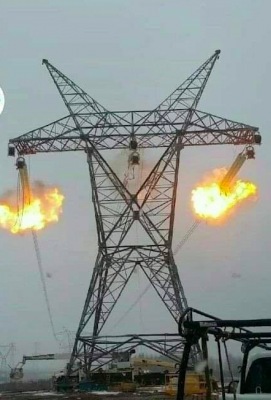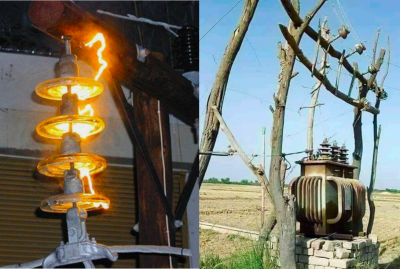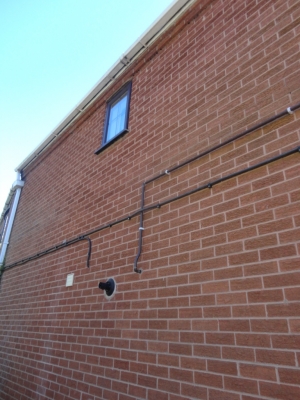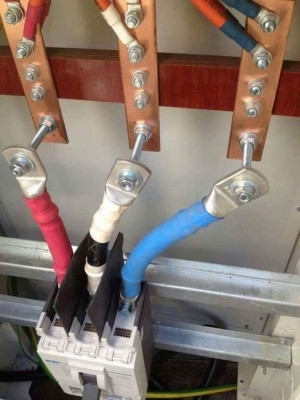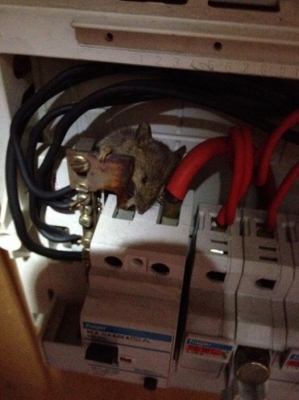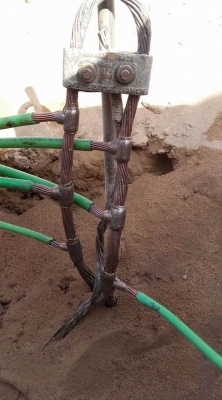British Standard BS 7671 “Requirements for Electrical Installations, The Institute of Engineering Technology (IET) Wiring Regulations”, informally called in the electrical community The “Regs”, is the national standard in the United Kingdom for electrical installation and the safety of electrical wiring in domestic, commercial, industrial, and other buildings, also in special installations and locations.
BS7671 defines the ‘reference/datum’ that all electrical works should attain and surpass; yet the standard is not mandatory or legislative. However, in terms of domestic electrical works, in 2005 the Government introduced electrical safety rules into the Building Regulations for England and Wales, such that electricians carrying out work in England and Wales have to comply with Part P of the Building Regulations and in Scotland, the Building Standards system.
What constitutes a ‘registered’ Electrician? Credentials to check and actions to be aware of, …
, …check whether the electrician is registered with the ‘Competent Electrical Person’ scheme, …
https://www.competentperson.co.uk
, …check the electrician’s qualification’s and whether they are Part ‘P’ certified.
Ask to see paperwork confirming that the electrician possesses public liability insurance and a warranty policy, which has been vetted by a Part P scheme provider such as, …
• NICEIC http://www.niceic.com)
• NAPIT https://www.napit.org.uk
• ELECSA http://www.elecsa.co.uk
When electrical is completed
When electrical work is completed it is important that the correct certificate/report is issued by the electrician contracted and who has completed the work. The information presented in the report is based on the assessment of work carried out to ‘circuits’ within the electrical system of the house, flat or whatever.
In simple terms a ‘circuit’ is that group of electrical elements, be they wires, sockets, lights switches or whatever, that are electrically connected together to form a circuit, so within the system there will be a lighting circuit or a socket circuit and so on. Each of the circuits is protected by an electrical fuse, miniature circuit breaker or other electrical protection device. Generally such devices are enclosed with a consumer unit, or distribution board previously referred to as a ‘fuse box’.
There are four (4) types of certificate/report,….
Minor Works Certificate
Where an addition or alteration is made to an ‘existing’ circuit, it should be verified that the work complies with BS 7671 and does not impair the safety of the existing installation (Regulation 610.4 of BS 7671).
Whilst for such purposes a minor works certificate may be used as an alternative to an Electrical Installation Certificate (EIC), Regulation 631.3 of BS 7671 requires that a separate minor works certificate is issued for each circuit worked on.
A minor works certificate must not be used to certify the installation of a ‘new circuit’, even if the circuit supplies only one point (one accessory). It should be noted that before an addition or alteration is undertaken, Regulation 132.16 of BS 7671 requires the adequacy of the existing installation to be assessed, including the earthing, bonding and maximum demand, for the altered circumstances.
Electrical Installation Certificate (EIC)
An Electrical Installation Certificate is issued only following the initial certification of a new electrical installation or for an alteration or addition to an existing installation where new ‘circuits’ have been introduced.
Periodic Inspection Report
All electrical installations deteriorate with age and use. They should therefore be inspected and tested at regular intervals to check whether they are in a satisfactory condition for continued use. Such safety checks are commonly referred to as ‘periodic inspection and testing’.
A periodic inspection report is less of a requirement for a normal domestic electrical system, yet its prominence comes to the fore when privately buying/selling a property. Moreover, a periodic inspection report is important in the case of a tenanted/leased property or in an industrial situation.
Part P Building Regulation Certificate
Given completion of electrical work some aspects of that electrical installation work may be termed as ‘notifiable’. This establishes that the work needs to be reported to the local authority building control department to comply with Part P of the Building Regulations. The contracted electrician will/should notify the building works department of the local council and pay a nominal fee. No application fee is required for approval if the electrician is Part ‘P’ registered.
Registered electrician’s are able to ‘self-certify’ all electrical installations both notifiable works and minor works and show that their work conforms to Part P of Building Regulations.
After the work is completed and signed off; for notifiable work you will receive a ‘Building Regulations Compliance Certificate’.
Notifiable electrical work is set out in regulation 12(6A) of the Building Regulations, …
12. (6A) A person intending to carry out building work in relation to which Part P of Schedule 1 imposes a requirement is required to give a building notice or deposit full plans where the work consists of, …
(a) the installation of a new circuit;
(b) the replacement of a consumer unit; or
(c) any addition or alteration to existing circuits in a special location
12. (9) In this regulation “special location” means—
(a) within a room containing a bath or shower, the space surrounding a bath tap or shower head, where the space extends—
(i) vertically from the finished floor level to—
(aa) a height of 2.25 metres; or
(bb) the position of the shower head where it is attached to a wall or ceiling at a point higher than 2.25 metres from that level; and
(ii) horizontally—
(aa) where there is a bath tub or shower tray, from the edge of the bath tub or shower tray to a distance of 0.6 metres; or
(bb) where there is no bath tub or shower tray, from the centre point of the shower head where it is attached to the wall or ceiling to a distance of 1.2 metres; or
(b) a room containing a swimming pool or sauna heater.
For further information and help, …
Eur Ing Dr Robert Brown (Robert) is a Consultant Engineer in the fields Electrical Electronic and Control Engineering. Robert is also an accomplished professional Expert Witness having prepared and presented many court compliant reports and presented oral evidence within the High Court, Crown Courts and County Courts.
For further information please contact Robert via;
Email,…robert.brown@frasergeorge.com or robertbrown@robertbrown.uk.com
Tel Land: +44 (0)1709 739228
Tel Mobile: +44 (0) 7976250624




